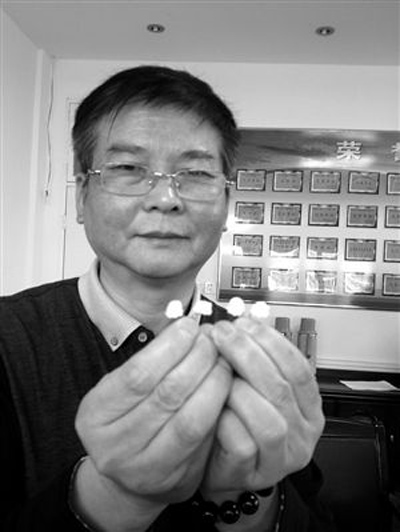How innovations are created to cut prison terms
By Wu Yan (chinadaily.com.cn) Updated: 2015-01-20 16:45
Another similar patent agency told the Beijing Youth Daily that before getting a customized service, the customer should figure out what type of invention the prison recognizes, whether the invention should be self-developed and whether the prison has specific requirements for the content of the invention.
No standard rule or procedure
Though some provincial-level regulations were issued to stipulate the number and type of inventions that could be regarded as the measurement of commutation, specific law and regulation on the application, judgment and enforcement of the commutation at large is still a loophole.
Currently, the practice of commutation depends on the situation with different courts and prisons in different places conducting their own way.
According to an official interviewed, who works at an intermediate people’s court in Tianjin, the court will not accept a commutation application from a criminal directly but the prison he serves, before making a decision on whether the prisoner could get a commutation.
A prison worker in Beijing said whether an inmate could commute his sentence by making inventions depends on the condition of a prison.
If a prison has sound equipment and advanced management idea, the inmates could apply for and get the approval and support from the prison to make inventions. Once invention is created, the prison will help the inventor to contact intellectual property agencies for patent certification.
When it comes to the invention that is not made by the inmate himself, a staff member in a prison based in North China’s Tianjin municipality said it is not legal under the regulation of the local court.
"The invention should be self-made," he said, adding "pretending others' invention as yours is not acceptable."
- Govt encourages people to work 4.5 days a week
- Action to be taken as HIV cases among students rise
- Debate grows over reproductive rights
- Country's first bishop ordained in 3 years
- China builds Tibetan Buddhism academy in Chengdu
- Authorities require reporting of HIV infections at schools
- Typhoon Soudelor kills 14 in East China
- Police crack down on overseas gambling site
- Debate over death penalty for child traffickers goes on
- Beijing to tighten mail security for war anniversary








